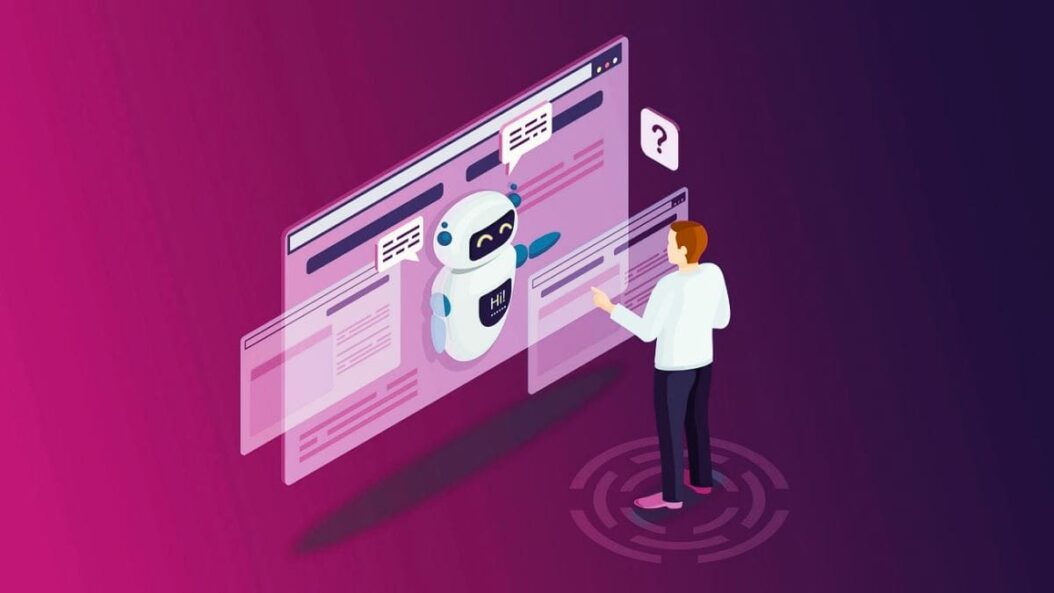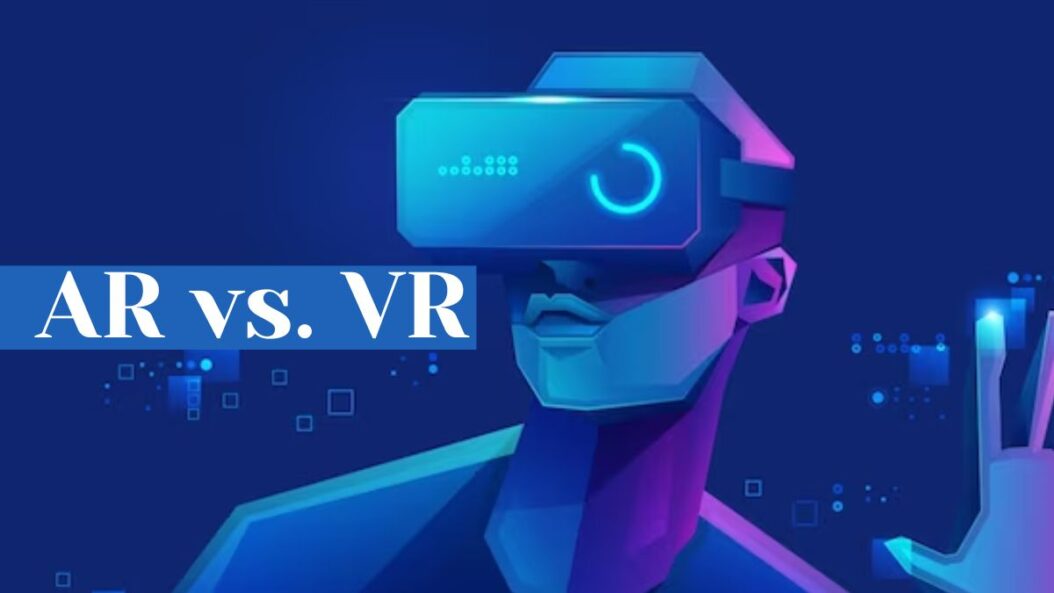How to view my Incognito History? View on Any Device
Most of us browse the internet daily for information, entertainment, shopping, and more. We may sometimes visit websites or search for content we don’t necessarily want others to see in our browsing history, which is why many browsers now offer a “private browsing” or “incognito” mode. However, at some point, you may wish to view […]
How to view my Incognito History? View on Any Device Read More »



